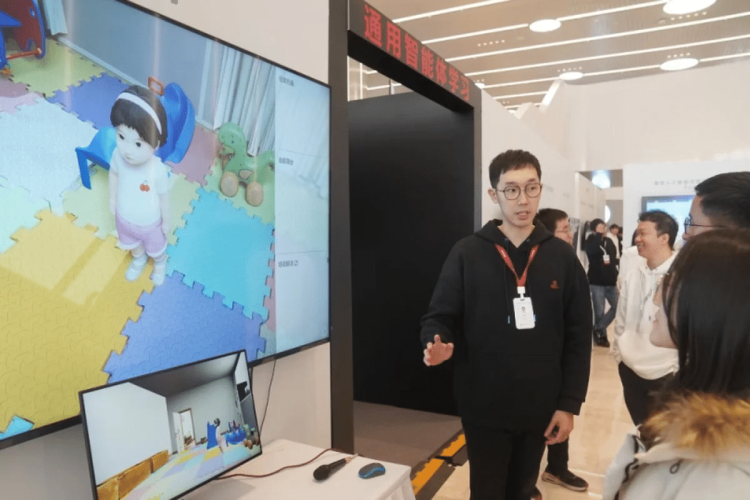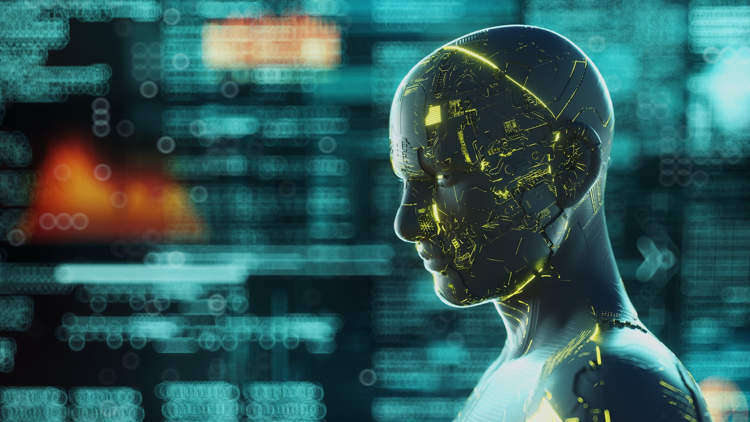Student Caught Using Artificial Intelligence to Cheat on University Entrance Test

A Turkish university candidate was recently arrested after being caught using an AI-powered system to obtain answers to the entrance exam in real-time. On June 8th, thousands of high school graduates took the Basic Proficiency Test (TYT), the first session of the Higher Education Institutions Examination (YKS) in Isparta, but one incident made international news […]
World’s First Ever AI Beauty Pageant Names Its 10 Finalists

The Fanvue Miss AI pageant, the world’s first beauty pageant for AI-generated female models, judges contestants on beauty, social media clout, and their creator’s use of AI tools. At first, they said artificial intelligence was coming after our jobs, but now it seems that not even beauty pageants are safe. Originally announced back in April […]
People Are Getting Scammed into Buying Seeds of Non-Existent Cat-Face Flowers Generated by AI

Scammers are always finding new ways of taking advantage of gullible people, and apparently selling seeds of fake flowers generated by artificial intelligence is one of their latest techniques. Artificial intelligence is touted as the next big thing in technological evolution, but right now it also seems to be a perfect tool for scammers looking […]
Chinese Software Engineer Demonstrates the Power of AI-Powered Deepfake Technology

A video doing the rounds on Chinese social media these days has gone viral for showing how easy it is to use AI-powered deepfake technology to transform into virtually anyone online. App filters and deepfake technology have been around for years now, but the advent of artificial intelligence has elevated them to a whole new […]
Meet Lily Rain, the Virtual Travel Model Earning Over $20,000 a Month

Lily Rain is a popular AI-created digital model that earns her creators around $20,000 a month on platforms like Fanvue simply by appearing in stunning travel photos. It’s no secret that AI models are killing it online these days. Fitness model Aitana Lopez has over 300,000 followers on Instagram and she’s not even a real […]
AI-Powered Virtual Influencer Lands Job on Spanish Television

Alba Renai, an attractive digital influencer powered by artificial intelligence, recently announced that she will be hosting a special segment on Spain’s version of popular reality show ‘Survivor’. Created in the fall of last year by Be a Lion, a subsidiary of television giant Mediaset Spain, Alba Renai quickly became an Instagram celebrity, attracting over […]
Korean Provincial Government Hires AI-Powered Virtual News Anchor

Virtual news anchors and presenters have been around for quite a while now, but they’ve gotten so good that Government organizations are using them to replace actual humans and save money. The provincial government of Jeju Island, in South Korea, recently hired a news anchor to conduct its weekly YouTube program, Weekly Jeju, for a […]
Man Fined $400 for Scratching His Head While Driving Due to Smart Camera Error

A Dutch man was fined 380 euros ($400) after an AI-powered camera caught him talking on his phone while driving. Only he claims he was only scratching his head and the system made a mistake. In November of last year, Tim Hansen received a fine for allegedly speaking on his mobile phone while driving a […]
Chinese Scientists Create World’s First ‘AI Child’

A group of Chinese scientists claims to have created the world’s first ‘AI child’, an entity displaying behavior and capabilities similar to those of a three- or four-year-old human child. Named Tong Tong or ‘Little Girl’, the world’s first AI child is considered a massive step in the direction of AGI (Artificial General Intelligence). Unveiled […]
AI-Powered ‘Perfect Girlfriend’ Earns $30,000 per Month from Lonely Men

Lexi Love is a busty blonde AI model designed to attract not only with her stunning physique but also by engaging her paying subscribers in 30 different languages, 24 hours a day. The AI model business is booming, and Lexi Love is only the latest example. We’ve already written about similar projects, with Aitana Lopez […]
Meet Emily Pellegrini, the ‘World’s Hottest Model’

Emily Pellegrini has only been on Instagram for four months, but she already has nearly 150,000 fans showering her with compliments and date invitations. Only she’s not a real person… AI-generated social media influencers are on a tear these days. A couple of months ago, we featured Aitana Lopez, aka Fit Aitana, a Spanish model […]
Scientists Create AI System That Can Predict When You Die with Startling Accuracy

An artificial intelligence model developed by an international team of researchers has demonstrated the ability to predict future events in people’s lives, including the time of their death. Life2vec, a so-called transformer model trained on a massive volume of data to predict various aspects of a person’s life, was created by scientists in Denmark and […]
Scientist Spends 10 Months in Prison After AI System Wrongly Identifies Him as Murderer

Russian hydrologist Alexander Tsvetkov was detained in February 2023, after an AI system determined that his face was a 55% match to the sketch of a murderer drawn 20 years ago by a witness. Alexander Tsvetkov, a scientist at the Russian Academy of Sciences Institute of Inland Water Biology, has been living a nightmare for […]
Meet Aitana, the AI-Created Instagram Fitness Model Making Thousands of Dollars a Month

Aitana Lopez, aka Fit Aitana, has only been on Instagram for four months, but she already has over 110,000 followers and generates over $4,000 in monthly revenue. Not bad for someone who doesn’t exist. Virtual models have been around for a few years now, and the advent of artificial intelligence has only made them more […]
China’s AI-Powered Online Sellers Can Sell You Stuff 24/7

China’s online store is becoming increasingly dominated by AI-powered clones that never tire of trying to sell you things and can literally work 24 hours a day, 7 days a week. The Chinese online shopping scene is very different than what we’re used to in the West. Live streaming is by far the most lucrative […]
